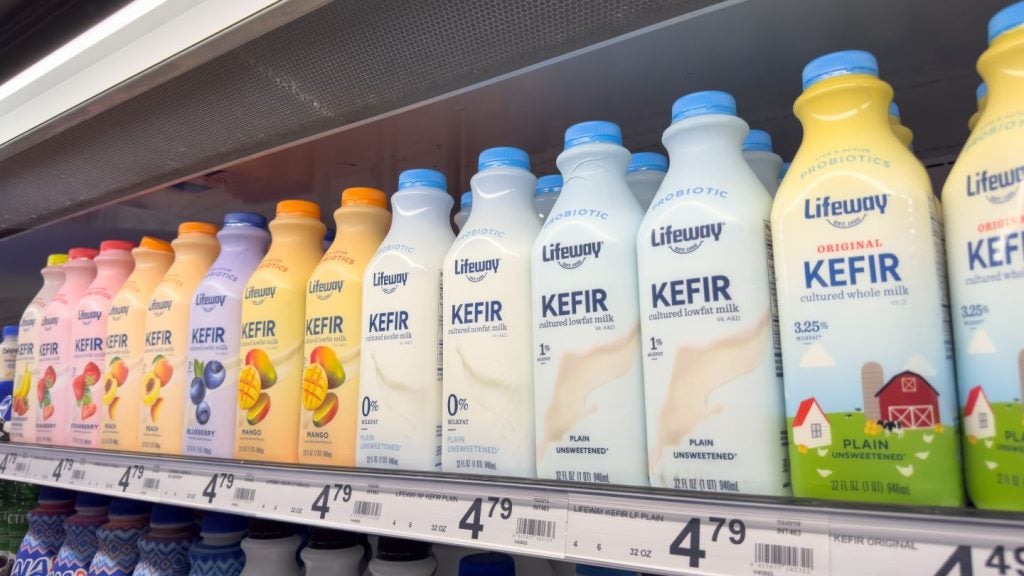The UK Food Standards Agency (FSA) is urging CBD businesses to reformulate their food and drink products to meet its provisional acceptable daily intake (ADI) for CBD and a new upper limit for THC.
The move has been made "to improve consumer safety", the food safety authority said.
In its updated guidelines released yesterday (1 July), manufacturers have been encouraged to have their products meet a provisional ADI of 10mg per day of CBD, equivalent to 0.15mg/kg of body weight for a 70kg adult.
They have also been advised to meet the safe upper limit for tetrahydrocannabinol (THC), which it set at 0.07mg per day, equivalent to 1 microgram/kg of body weight for a 70kg adult.
The latest guidance applies to companies which have products sold in England and Wales and that have made a novel foods application to the FSA.
Eligible businesses will include those that have been on the market since 2020 and that sent an authorisation application to the FSA by the end of March 2021. Their products will be listed on the FSA's public list of CBD products linked to novel foods applications.
Businesses already on the FSA's public list do not need to contact the authority unless reformulation involves "product detail amendments", the FSA said in its statement. There are over 12,000 CBD products on this list.
CBD, a compound found in the cannabis plant, is known for having little to no psychoactive properties compared to THC, a cannabis compound which can cause a “high” when consumed.
According to the FSA's recent statement, the upper limit for THC was “agreed based on advice from our independent scientific advisory committees”.
A recent evaluation process from those committees found that cannabinoids other than CBD, such as the THC isomer Delta-9-tetrahydrocannabinol, may be present in CBD novel foods as contaminants, posing potential health risks.
Delta-9-tetrahydrocannabinol has been found to cause physiological and psychoactive effects, including tachycardia (an abnormally high heart rate) and changes in mood and cognition, the committee's joint statement said.
The effects caused by Delta-9-tetrahydrocannabinol are specifically "of concern" when the substance is specifically ingested through food.
Commenting on the updated guidance, Thomas Vincent, deputy director of innovation policy, at the FSA, said: “Our pragmatic approach allows businesses to do the right thing for consumer safety while progressing towards full regulatory compliance. This flexibility creates a clearer path forward for CBD businesses while ensuring products meet our safety standards.”
The FSA has also encouraged manufacturers to update product labels to show the advised CBD daily intake limit, and include details on age restrictions and warnings for people who are pregnant or on medications.
Reacting to the news, Eoin Keenan, founder of CBD-infused drinks business Goodrays said: "Having been part of the stakeholder process with the FSA, we’re supportive of this change as it’s another positive step towards full market authorisation.
"The FSA have set this out as a recommendation rather than a mandated hard change, and the suppliers, the retailers and the FSA all understand that there will be a transition period for all parties to implement this recommendation, which is a sensible approach."
CBD products have been classified as novel foods in the UK since January 2019, requiring evaluation and authorisation before being legally marketed.
The recommended daily consumption limit for CBD was reduced from 70mg to 10mg per day two years ago.
“Precautionary advice” issued by the FSA at the time said the change was based on “new evidence from the industry and updated advice from our independent scientific committee”.
It said high consumption of CBD over a lifetime could increase the risk of liver damage, somnolence (excessive tiredness) and thyroid issues.
















